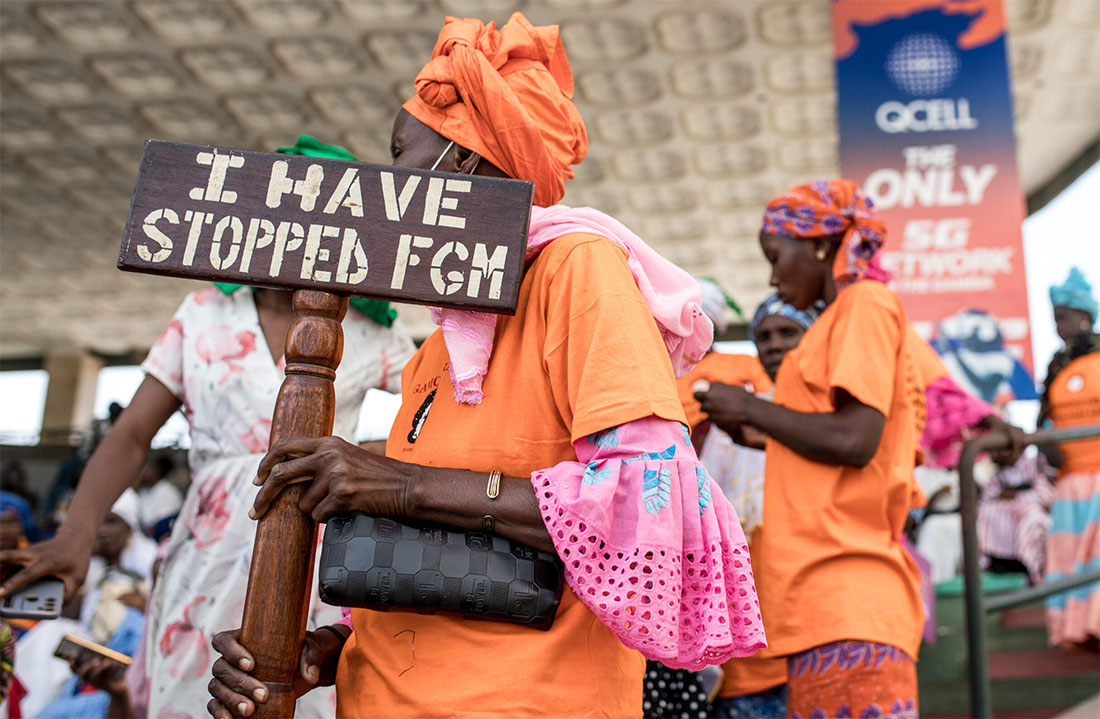
Photo Credit: Reuters
Gambian MPs on Monday voted to uphold a law that bans female genital mutilation (FGM) in the largely Muslim nation, after religious groups pushed for the legislation to be repealed.
If Monday’s bid had been successful, the country would have been the first in the world to relegalize FGM after criminalizing it.
MP Amadou Camara, who chairs a joint health and gender committee that recommended that FGM should remain outlawed, told reporters that none of the clauses seeking the repeal of the ban in the Women’s (Amendment) Bill 2024 was passed.
Parliament Speaker Fabakary Jatta ruled that it was “impossible” for the bill, which passed a second reading four months ago, to be read a third time and to pass without those clauses. “I so rule that the bill is rejected, and the legislative process exhausted,” Jatta said at plenary meeting Monday.
FGM was prohibited in Gambia in 2015 by former president Yahya Jammeh who authorized the imposition of fines and prison sentences of up to three years for individuals who engaged in it.
Pro-Islamic groups and lawmakers pushed back against the criminalization, saying that female circumcision was “one of the virtues of Islam.”
Other prominent Gambians, such as opposition leader and former interior minister Mai Ahmad Fatty also defended the practice, arguing that: “There is no FGM in Gambia. We circumcise, not mutilate.”
Human rights organization Amnesty International earlier described efforts to revoke the FGM ban as a “backward move” for the protection of human rights in the country. In Gambia, 73% of women aged between 15 and 49 years had experienced FGM as of 2020, according to the United Nations.
The law also punished perpetrators with life sentences in cases where the practice led to death.
UN Secretary-General Antonio Guterres said on Women’s Day in March that he was “outraged” by moves by Gambia’s parliament to legalize FGM, describing the practice as “horrific.”
Lewis Musonye
















